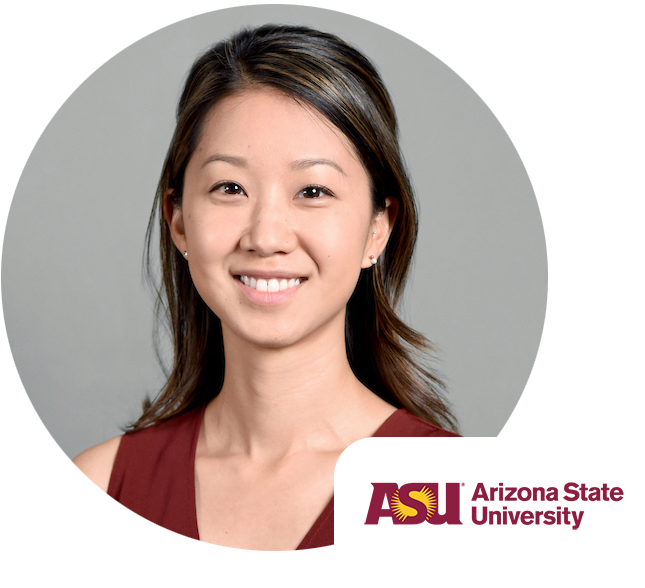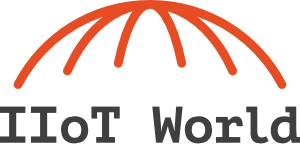
Bio
Erin K. Chiou is an assistant professor of human systems engineering in the Polytechnic School, part of The Ira A. Fulton Schools of Engineering, and director of the Automation Design Advancing People and Technology (ADAPT) Laboratory.
Chiou received her doctorate and master’s degree in industrial and systems engineering from the University of Wisconsin-Madison, concentrating in human factors and ergonomics and minoring in health systems. During this time, she was supported by the National Science Foundation Graduate Research Fellowship Program and the Graduate Engineering Research Scholars fellowship to conduct research with the Cognitive Systems Laboratory (John Lee) and the Human Computer Interaction Laboratory and Wellness and Health Enhancement Engineering Laboratory (Enid Montague). She was also active in the community, serving in several leadership roles for K-12 science outreach, and as president of the Human Factors and Ergonomics Society Student Chapter.
Prior to graduate school, Chiou worked in various industries, including with the Human Factors and Industrial Design group at Baxter Healthcare, and at an education startup company in Shanghai, China. She received her bachelor’s in psychology and philosophy from the University of Illinois at Urbana-Champaign, where she was a research assistant in the Culture and Emotion Lab in the Department of Psychology, and the Language Production Lab of the Beckman Institute. From 2006-2007, she was a Freeman Fellow exchange student at Fudan University, and in 2006, she was a recipient of the Asian American Leadership Award.
Presentation
Robot coworkers: How AI impacts the future of work
What happens when technology advancements threaten to automate people’s jobs?
That question is on the minds of many as research and development in artificial intelligence and machine learning rapidly advances.
Recently ASU received a million dollar NSF Convergence Accelerator Grant to create autonomous systems that are not only more adaptable and efficient in manufacturing environments, but also have built-in adaptive tutoring systems that will cooperate with factory workers and retrain them to use AI technology so they are not displaced from their jobs. This multidisciplinary project is focused on using AI to augment the workplace rather than replace workers.
Back
To the speakers page
